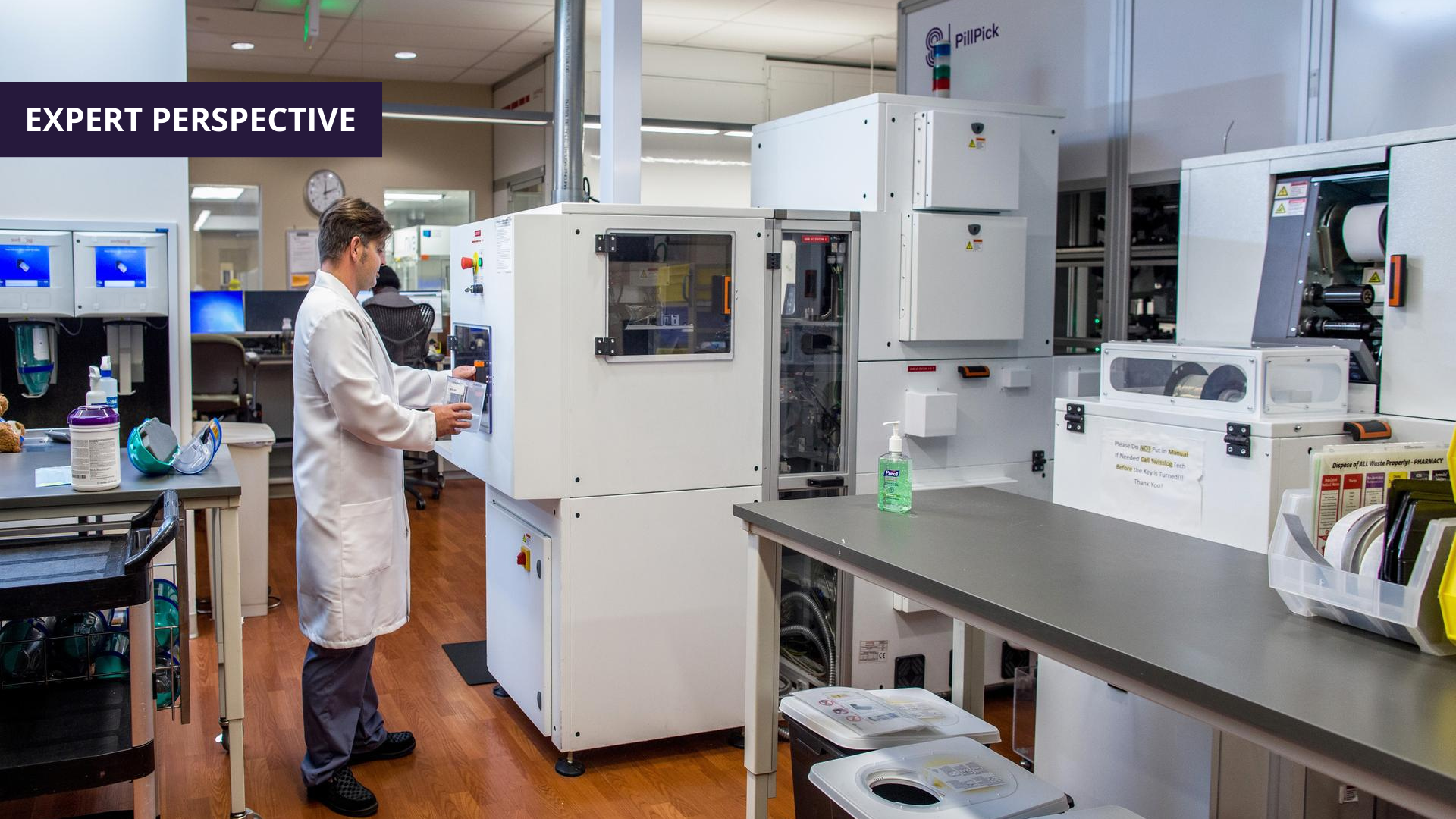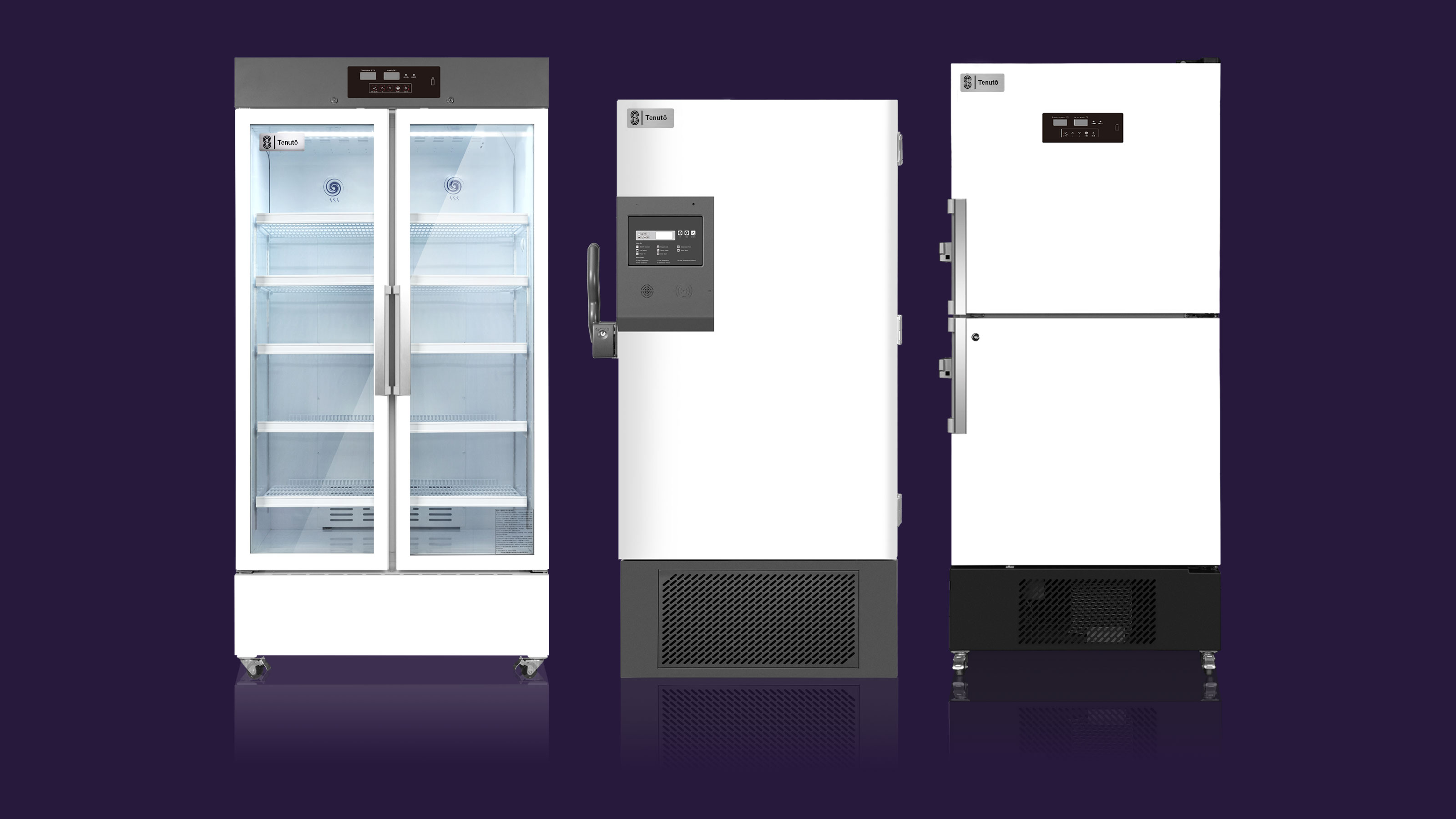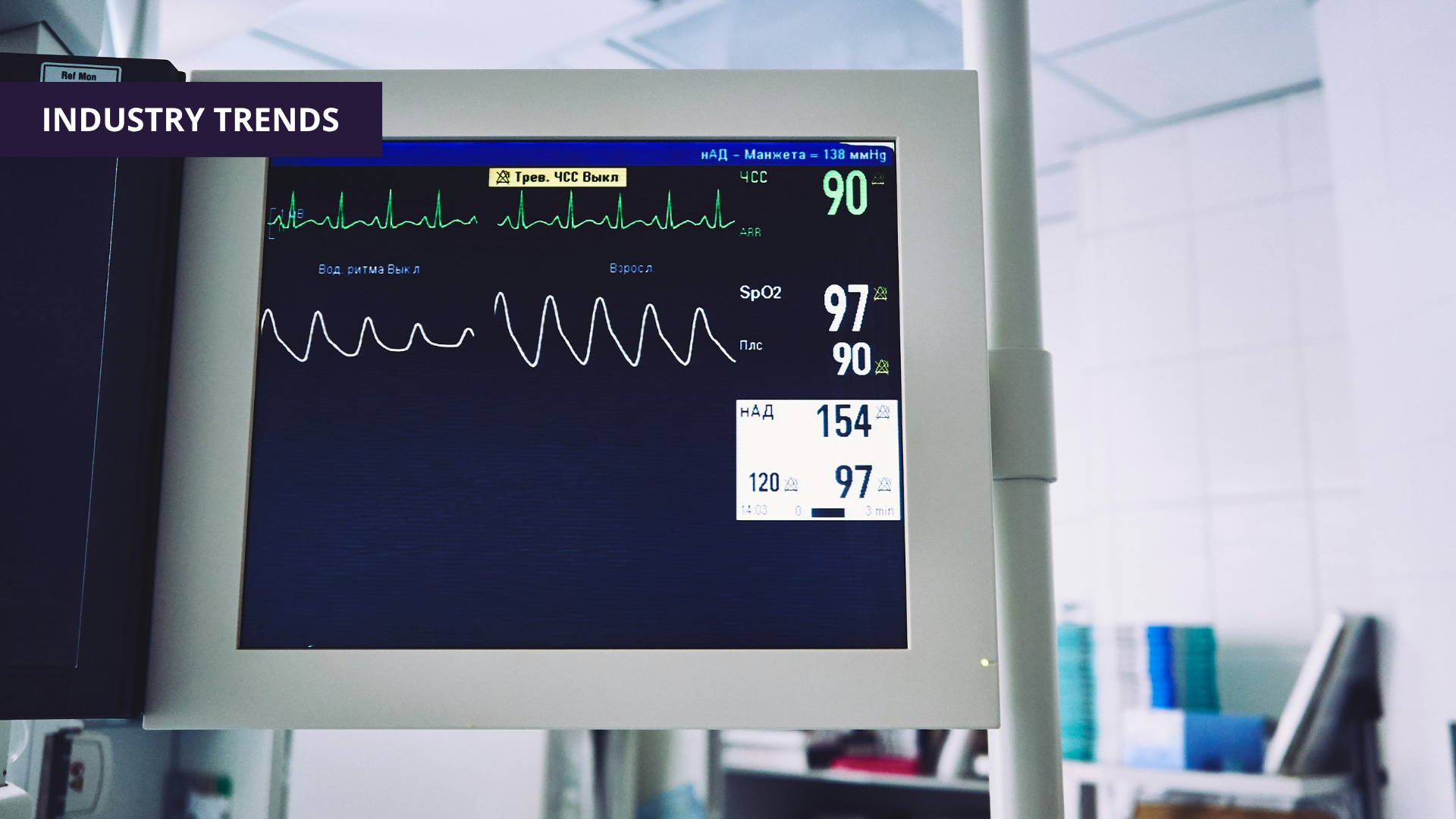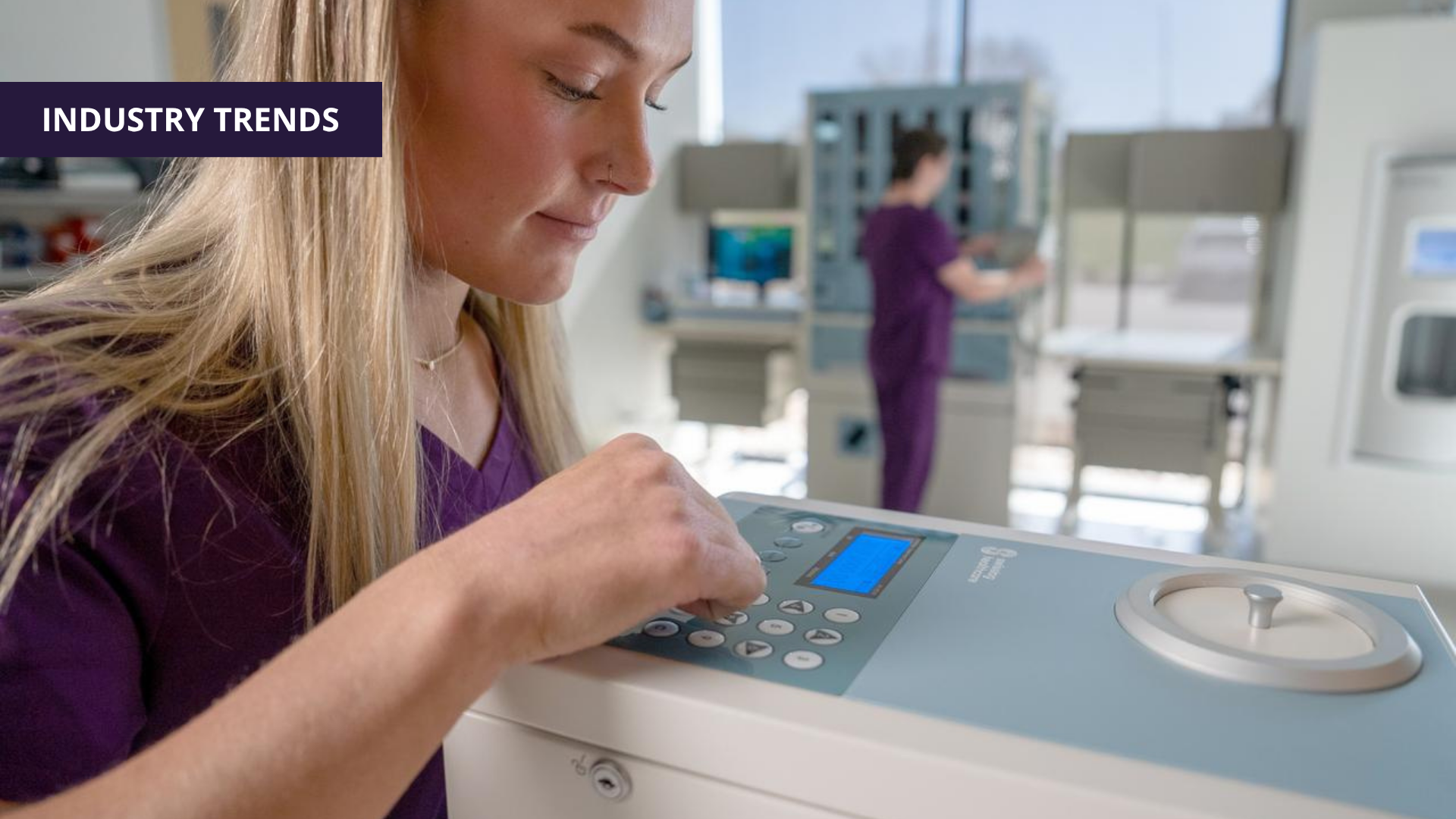Should You Consolidate Your Hospital Service Centers?

Today’s Hospitals Are Facing A Wide Range of Challenges
According to a recent report from the American Hospital Association, hospitals continue to face escalating operational costs and economic pressures. Staffing shortages remain an issue, along with rising drug costs and expenses associated with the implementation of new technologies. Security is also an ongoing concern, not only as it pertains to the protection of sensitive patient data but also concerns of cyberattacks bringing entire systems down.
These and other challenges are driving many hospitals to examine how efficiently and economically they are distributing medications and other materials across their complexes. More specifically, they are looking at areas including hospital pharmacies and pneumatic tube systems and how they can develop more effective models that meet stringent patient centered care standards with fewer potential points of error and less need for expensive human intervention.
What Role Can Service Centers Play?
Hospital service centers are designed to manage and organize the distribution of extensive inventories including medications, supplies, laboratory specimens, blood, and other sensitive materials throughout the hospital network. They play an integral role in managing a hospital’s internal supply chain.
Stand-alone Or Consolidated Centralized Service Centers?
Many smaller hospitals find it beneficial to continue to use isolated, stand-alone service centers throughout the hospital as opposed to a single centralized center. Doing so gives them instant access to medications needed to serve patients in each ward. The reduced volume requirements and smaller buildings make it easier to replenish medications cabinets and dispensers as needed.
For larger hospitals, however, managing multiple service centers located throughout their widespread facilities may not be as efficient or cost effective. Because the volume and diversity of the materials moving through the system is substantial it can become challenging to maintain them independently. A larger population of clinicians accessing the stations can also bring increased security risks.
To address these and other performance issues, an increasing number of hospital systems are considering consolidating and centralizing their pharmacy and transport systems through centralized service centers or “CSCs”. These CSCs can include a range of systems. Many will include both a central automated pharmacy integrated with a pneumatic tube system for the transport of materials.

For many hospitals, there are benefits to consolidating and centralizing hospital service centers.
Below are some of the key benefits hospitals are experiencing with consolidated service centers:
- Reduced medication error. Greater control over medication inventory and distribution means less opportunity for human error.
- Improved security. Consolidation provides better visibility by tracking movement of materials through a single system and chain of custody.
- Improved patient safety. Standardized, centralized procurement procedures ensure consistent supply quality of medications.
- Reduced overhead. Consolidation will remove the need for a distributed staff to maintain separate systems throughout the wards. Efficiencies gained will also reduce the need for manual intervention.
- Cost reduction. Hospitals can now negotiate better prices with suppliers due to higher purchasing volumes. There are also savings on transportation costs by consolidating shipments to a single location. This also lowers administrative costs by purchasing through a single contract. Greater accuracy in procurement means less waste.
Does A Consolidated Service Center Make Sense For Your Hospital?
Here are some questions to ask to help determine if a CSC makes sense for your hospital:
- What function(s) will the CSC serve?
- What types of fulfillments? Cabinet replenishment, patient specific, compounding, or other specialties?
- Will the system handle controlled substances?
- What does the CSC need to handle today? What services will you want to add in the future?
- What is the ROI? Is your hospital large and/or complex enough that the savings to personnel costs and other economies of scale outweigh the costs associated with implementing the CSC?
The answers to these questions will help organize, prioritize, and give shape to the technologies, systems, and design of your CSC.
Planning For The Implementation Of A Consolidated Service Center
Once the decision is made to move forward with a consolidated service center, there are many steps to be taken in preparation. Including key stakeholders is essential as well as space planning and RFP preparation. Your plan will need to cover all the touchpoints of the project to ensure that the implementation meets all requirements, runs smoothly, and involves as little disruption as possible.
Swisslog Healthcare has created a comprehensive webinar that can be used to aid in the decision-making process as well as preparing your hospital facility and your personnel for the transition. Our specialists are also on hand to help you with your decision process. Having facilitated many hospital consolidated service center projects, our team of engineers and consultants are ready to answer your questions and provide information to help you make the best decision for your hospital.








